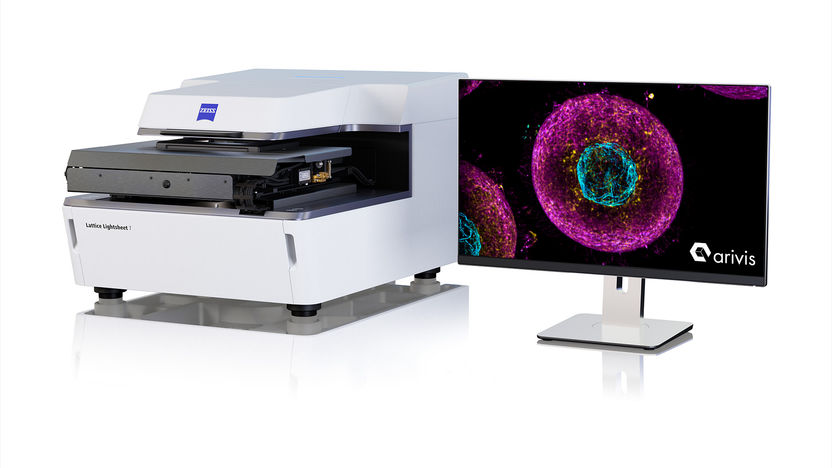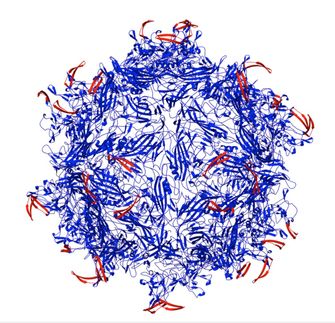RevaTen platelet-rich plasma shows promise as potential treatment for heart attacks
Researchers at the Stanford University School of Medicine, in collaboration with BioParadox, Inc., have published data supporting the use of platelet-rich plasma as a promising biologic treatment for myocardial infarction (heart attack).
The findings were published in Cardiovascular Revascularization Medicine and will be presented at The Sixth International Conference on Cell Therapy for Cardiovascular Disease.
Platelet-rich plasma (PRP) has been identified as a novel biologic treatment for wound healing and sports-related injuries. Studies indicate PRP stimulates cell repair via growth factor release and by attracting reparative cells. Only recently, however, have scientists begun to study PRP's potential in repairing damaged cardiovascular tissue.
Working with colleagues at Stanford University Medical Center, lead author Allan Mishra, MD, studied the effects of RevaTen PRP (a proprietary formulation of concentrated platelets and white blood cells) on cardiac function after inducing cardiac ischemia (damage to myocardial tissue caused by blood restriction) in mice. The research was conducted under the direction of Robert Robbins, MD, chairman of the department of cardiothoracic surgery at Stanford University.
In this study of 28 mice, researchers induced ischemia by either permanently occluding the left anterior descending artery (Group A) or temporarily ligating it for 45 minutes (Group B). The hearts were then injected with RevaTen PRP or saline control. In order to assess cardiac function after treatment, magnetic resonance images were taken at seven days post-procedure (Group A) and 21 days (Group B). Tissue from all hearts was collected for histopathologic evaluation.
In both groups, mice that received PRP after ischemia had significantly better cardiac function as measured by left ventricular ejection fraction on MRI than those that had been injected with saline only. In group A, the RevaTen-treated animals had 38% better ejection fraction compared to saline controls. In group B, the RevaTen-treated animals had 28% improvement in ejection fraction compared to controls. Additionally, less scar tissue was found in RevaTen-treated hearts than in controls.
"Although this is an observational study using an animal model, PRP might someday be employed at the point of care to treat patients who have had a heart attack. This could preserve cardiac function and limit the progression to congestive heart failure," Dr. Mishra says. "Since myocardial infarction remains the leading cause of death in industrial nations, RevaTen PRP may become a powerful biologic tool in fighting heart disease and provide cost savings." The authors caution that this is a preclinical study and that further translational research is needed to understand how RevaTen PRP might work to repair and/or protect cardiovascular tissue.
Most read news
Other news from the department science

Get the life science industry in your inbox
By submitting this form you agree that LUMITOS AG will send you the newsletter(s) selected above by email. Your data will not be passed on to third parties. Your data will be stored and processed in accordance with our data protection regulations. LUMITOS may contact you by email for the purpose of advertising or market and opinion surveys. You can revoke your consent at any time without giving reasons to LUMITOS AG, Ernst-Augustin-Str. 2, 12489 Berlin, Germany or by e-mail at revoke@lumitos.com with effect for the future. In addition, each email contains a link to unsubscribe from the corresponding newsletter.
Most read news
More news from our other portals
Last viewed contents
The OakLabs GmbH receives High-Tech Gründerfonds seed funding for intelligent breeding methods
City_of_Hope_National_Medical_Center
Leigh's_disease
Hepatopulmonary_syndrome

ZEISS Invests by Acquiring Majority Stake in arivis AG - ZEISS further expands its imaging technology capabilities for research microscopy with 3D and big image data software expertise
Modern Bioscience PLC and the University of Dundee to develop novel cancer drug - Re-profiling of rimcazole as an anti-cancer drug based on pioneering science at Dundee






















































